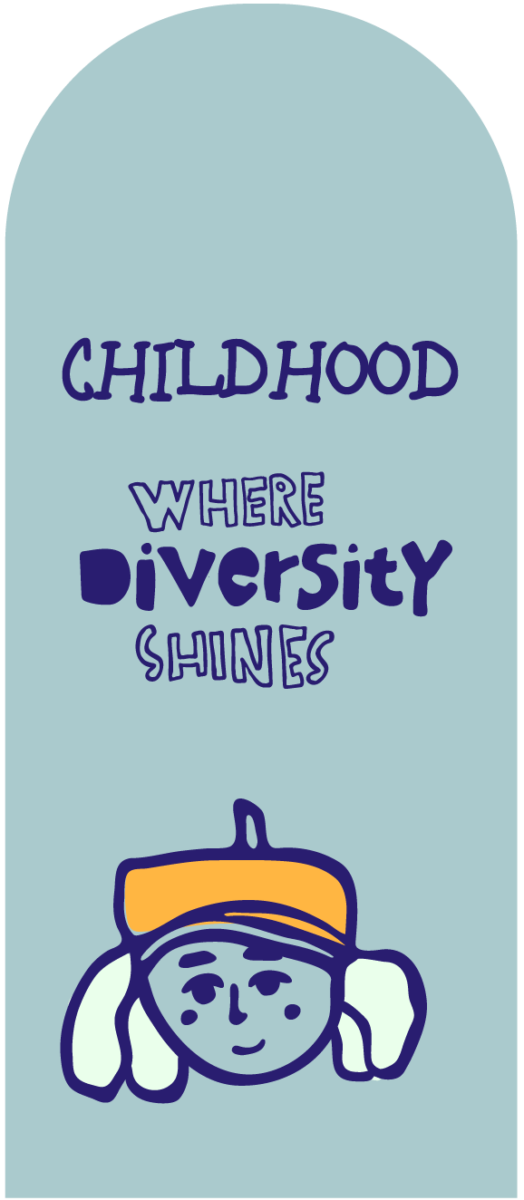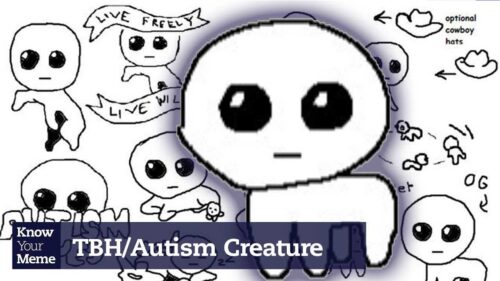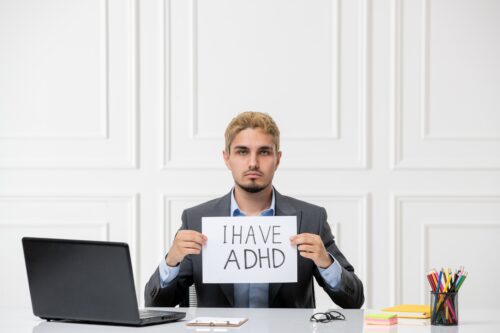
Childhood (6 to 11 years):
Blossoming Individuality and Broadening Horizons
The period from 6 to 11 years, known as middle childhood, represents a crucial phase of transition and expansion in human development. Children leave early childhood behind and enter preadolescence, a time of consolidation and growth.
Children within the autism spectrum go through a pivotal stage where their development solidifies, and new opportunities arise to stimulate their progress.
While challenges in social communication and a preference for routines may persist, many autistic children show significant improvements with appropriate support and interventions during these years.
Continuous speech and occupational therapies, programs to reinforce interpersonal skills and emotional management, as well as strategies to cope with sensory sensitivities, are fundamental pillars.
The school environment is central for academic learning and practicing social skills with peers, requiring adapted curricula and trained teachers’ support.
This phase offers an optimal time to discover exceptional talents and interests in areas like music, arts, mathematics, or sciences, which can turn into future vocations. With consistency, patience, and teamwork among families, therapists, and educators, childhood from 6 to 11 years can lead to significant advancements and joys for children within the spectrum.
Here, you will find articles, tools, and recommendations that will be very helpful in navigating this developmental stage.

Childhood
(6-11 Years)
ARTICLES

Business Owner’s Insurance: How to Choose the Right Plan
Finding the right business owner’s insurance is essential to protect your company from financial losses, legal risks, and unexpected events. Whether facing a lawsuit, property damage, or a cybersecurity breach, the right coverage can save your business from costly setbacks. But with so many options available, how do you choose the best plan?

The Autism Creature The Viral Mascot Embracing Neurodiversity
The Autism Creature has taken the internet by storm, becoming a viral symbol embraced by many in the autistic community. Also known as the TBH Creature or Yippee, this simple, hand-drawn character has sparked conversations about neurodivergence, self-expression, and identity. But what makes it so relatable? In this post, we’ll explore the origins, meaning, and impact of the Autism Creature—and why it resonates with so many autistic people.

Am I Neurodivergent? How to Know and What to Do Next
Have you ever wondered, “Am I neurodivergent?” Perhaps you process information differently, struggle with certain tasks, or feel out of sync with social norms. Neurodivergence includes conditions such as autism, ADHD, dyslexia, and other cognitive differences — but how do you know if it applies to you?

Success Tips for Entrepreneurs with Autism
This guide covers practical strategies to help autistic entrepreneurs thrive. Learn how to structure your business, improve communication, manage finances, and avoid burnout while leveraging your strengths. Whether you’re just starting out or looking to grow, these tips will help you build a business that works for you.

Autistic Brain vs. Neurotypical Brain: Surprising Perspectives
Understanding how the human mind works reveals fascinating insights. However, the first thing we must recognize is that while the term “normal brain” is commonly used in searches, the term “neurotypical brain” is a more precise and inclusive term. Referring to a brain as “normal” implies that other brains are “abnormal,” which can perpetuate harmful stereotypes. Talking about “neurotypical brains” or “neurodiverse brains” describes individuals more accurately, emphasizing neurodiversity without judgment.

Meaningful Fitness Programs for the Autism and Neurodivergent Population
Strength training represents a critical yet often overlooked component of healthcare and independence for individuals with autism spectrum disorder (ASD) and related neurodiversity. While autism presents across a broad spectrum, from those requiring constant support to independent self-advocates, certain constants emerge regarding physical fitness needs and approaches.

